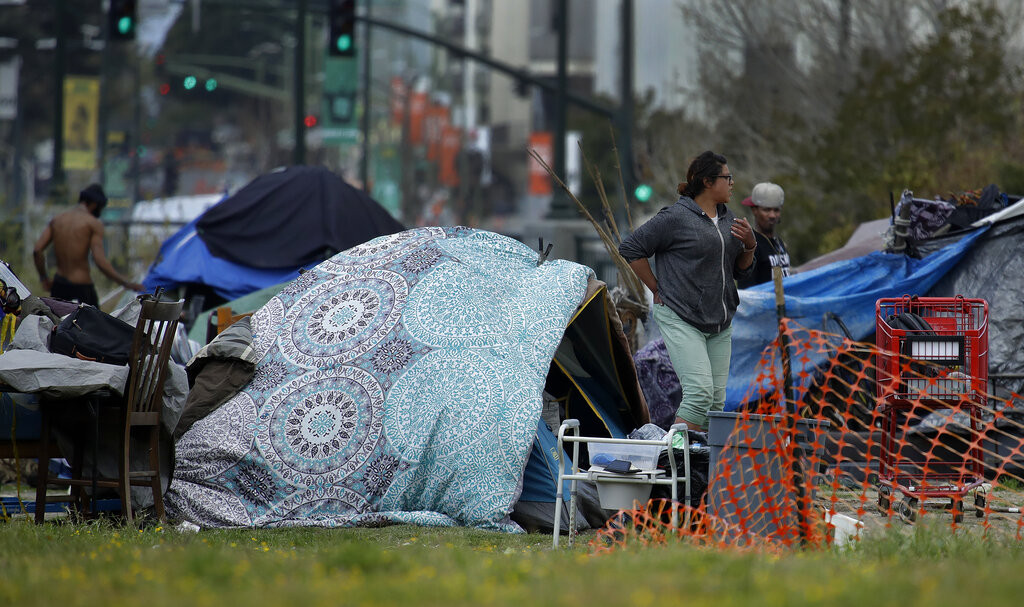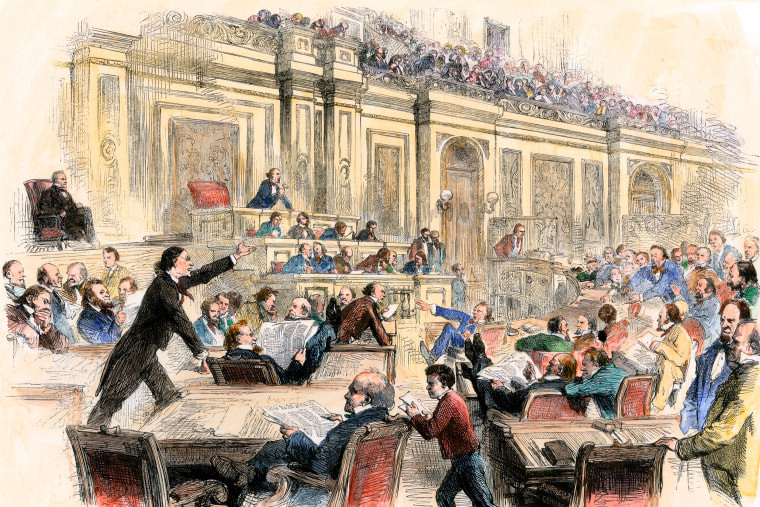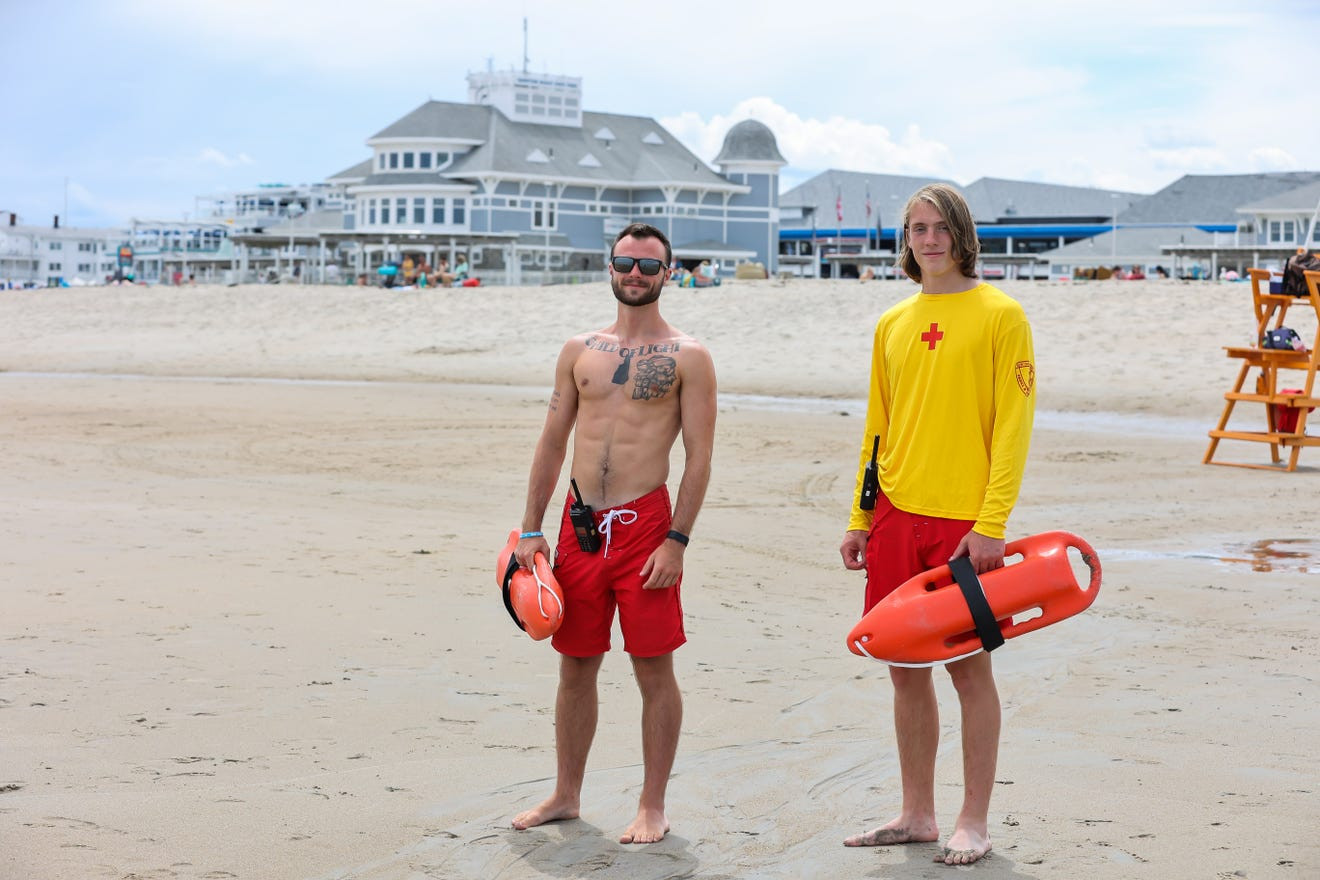A Florida law set to take effect next month that criminalizes sleeping in public spaces has sparked concern and controversy, with critics predicting a wave of legal challenges and a lack of tangible solutions to the state's growing homelessness crisis. The law, signed by Republican Governor Ron DeSantis in March, mandates that municipalities establish encampments for the unhoused if they lack sufficient shelter capacity. This has left cities like Fort Lauderdale scrambling to comply, with Mayor Dean Trantalis warning of a "tsunami of lawsuits" and a lack of state support.
A Draconian Mandate?
Trantalis expressed frustration at the state's approach, arguing that the law imposes an "onerous burden" on cities without providing adequate resources or partnership. He highlighted the surge in homelessness in Fort Lauderdale, where the number of unsheltered individuals nearly doubled from 2022 to 2023, contributing to a statewide increase of 18.5%. The city is grappling with finding suitable locations for the required encampments, with suggestions ranging from parking lots to city hall rooftops.
Legal Challenges and Lack of Funding
The law's provision allowing private citizens to sue municipalities that fail to address rough sleeping has further heightened anxieties. Trantalis fears that this will divert funds intended for homeless services towards legal battles, ultimately failing to benefit the unhoused population.
Advocates for the homeless echo these concerns. Diana Stanley, chief executive of The Lord’s Place, a prominent homeless shelter in Palm Beach County, believes the law unfairly burdens municipalities with financial and logistical responsibilities while exposing them to significant penalties if they fail to meet its requirements.
The Role of Law Enforcement and the Court System
Trantalis also expressed concerns about the lack of cooperation from law enforcement and the court system in establishing a protocol for handling those who sleep in public. Broward County Sheriff Gregory Tony has made it clear that he will not jail individuals solely for municipal ordinance violations, emphasizing that homelessness is not a crime.
However, Trantalis clarifies that the initial intention was to use the court system and jail system as a temporary measure to provide shelter and social services to individuals in need. He insists that the goal was not to criminalize homelessness but to offer temporary accommodation while connecting individuals with addiction treatment, mental health services, and other support programs.
A Broader Dialogue on Homelessness
Despite the criticisms, Ron Book, chair of the Miami-Dade Homeless Trust, believes the law has initiated a long-overdue conversation on homelessness. He acknowledges that the encampment law had flaws but praises the sponsors for making adjustments in response to feedback. However, he remains firmly against the idea of encampments, viewing them as ineffective and detrimental to efforts to address homelessness on a broader scale.
A Power Grab or a Political Stance?
Legal experts scrutinizing the Florida law see elements of a power grab by the state, arguing that it aims to wrest control over the issue of homelessness from local governments. Stephen Schnably, a law professor at the University of Miami, highlights the lack of state funding accompanying the law, which he considers a political ploy rather than a genuine solution.
Schnably points to the impracticality of encampments, citing constraints on their location and duration. He questions the legality and feasibility of widespread arrests for sleeping in public, posing a compelling dilemma for city attorneys who must navigate the complexities of enforcing this controversial law.
The Road Ahead: A Search for Real Solutions
The Florida law has undoubtedly ignited a passionate debate about homelessness and its potential solutions. While the law's effectiveness and legal ramifications remain unclear, the need for comprehensive, collaborative, and well-funded strategies to address the underlying causes of homelessness is undeniable. As cities grapple with the implementation of this new law, the focus must shift towards finding long-term solutions that provide meaningful support and opportunities for the unhoused population.

















